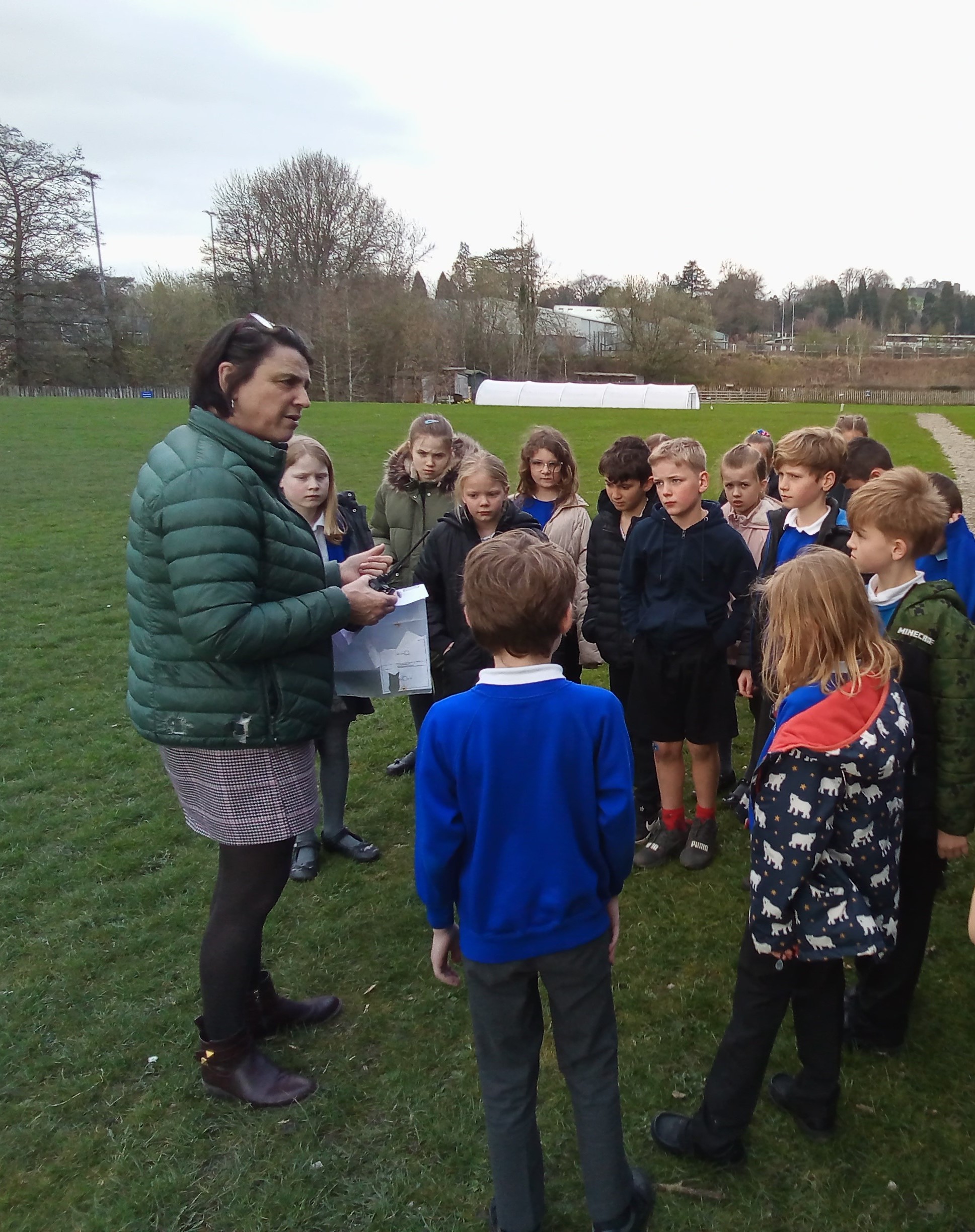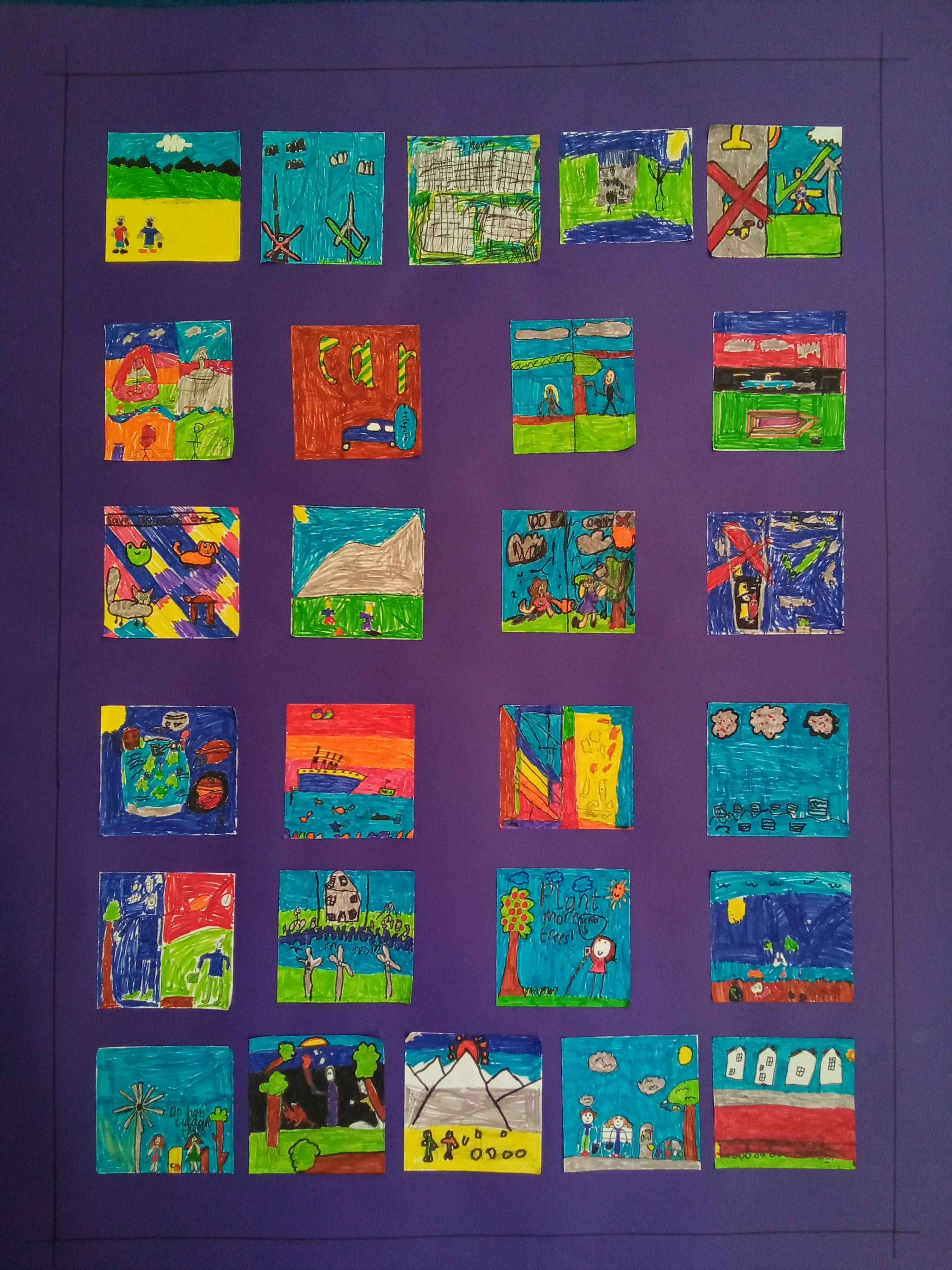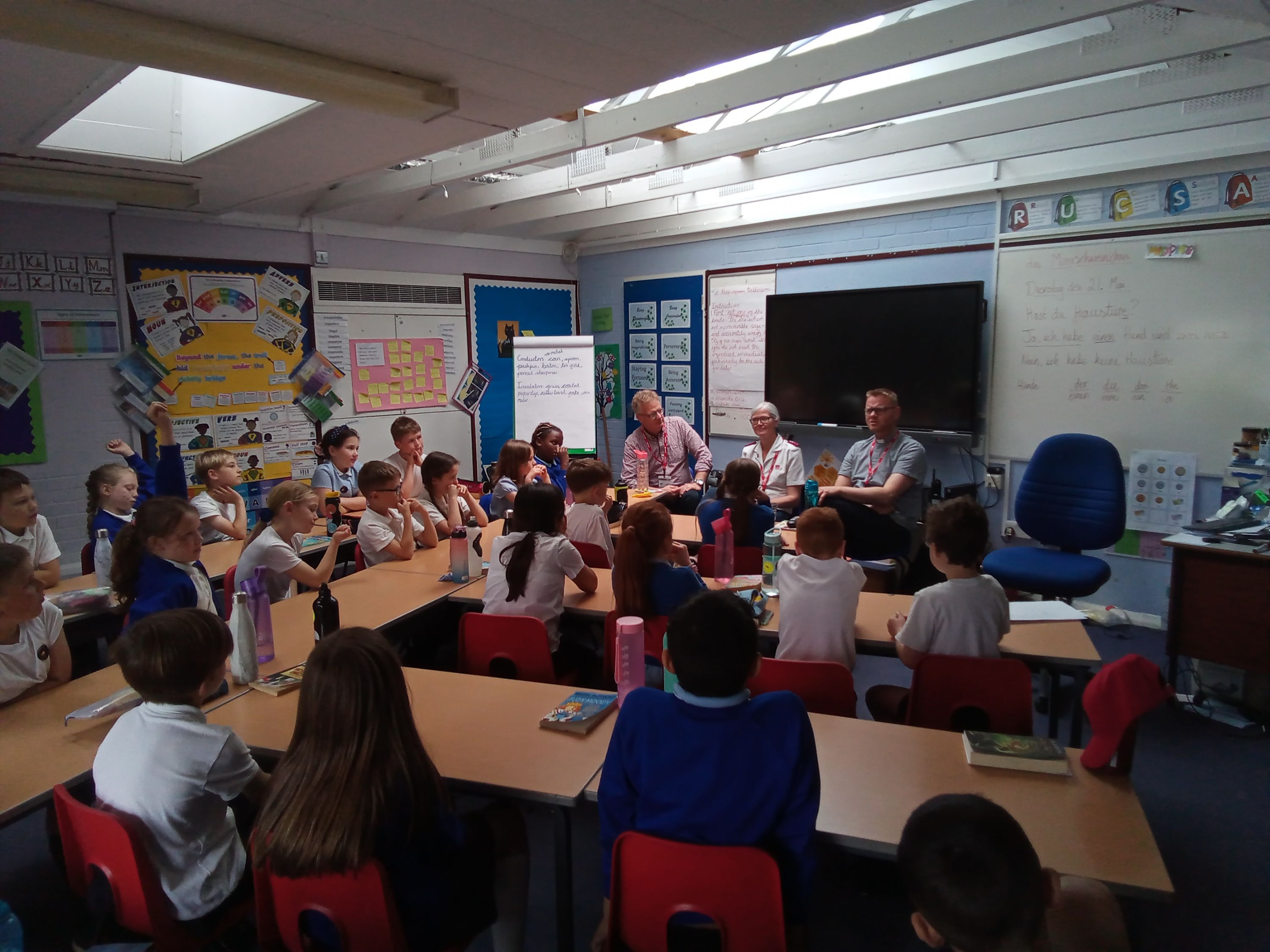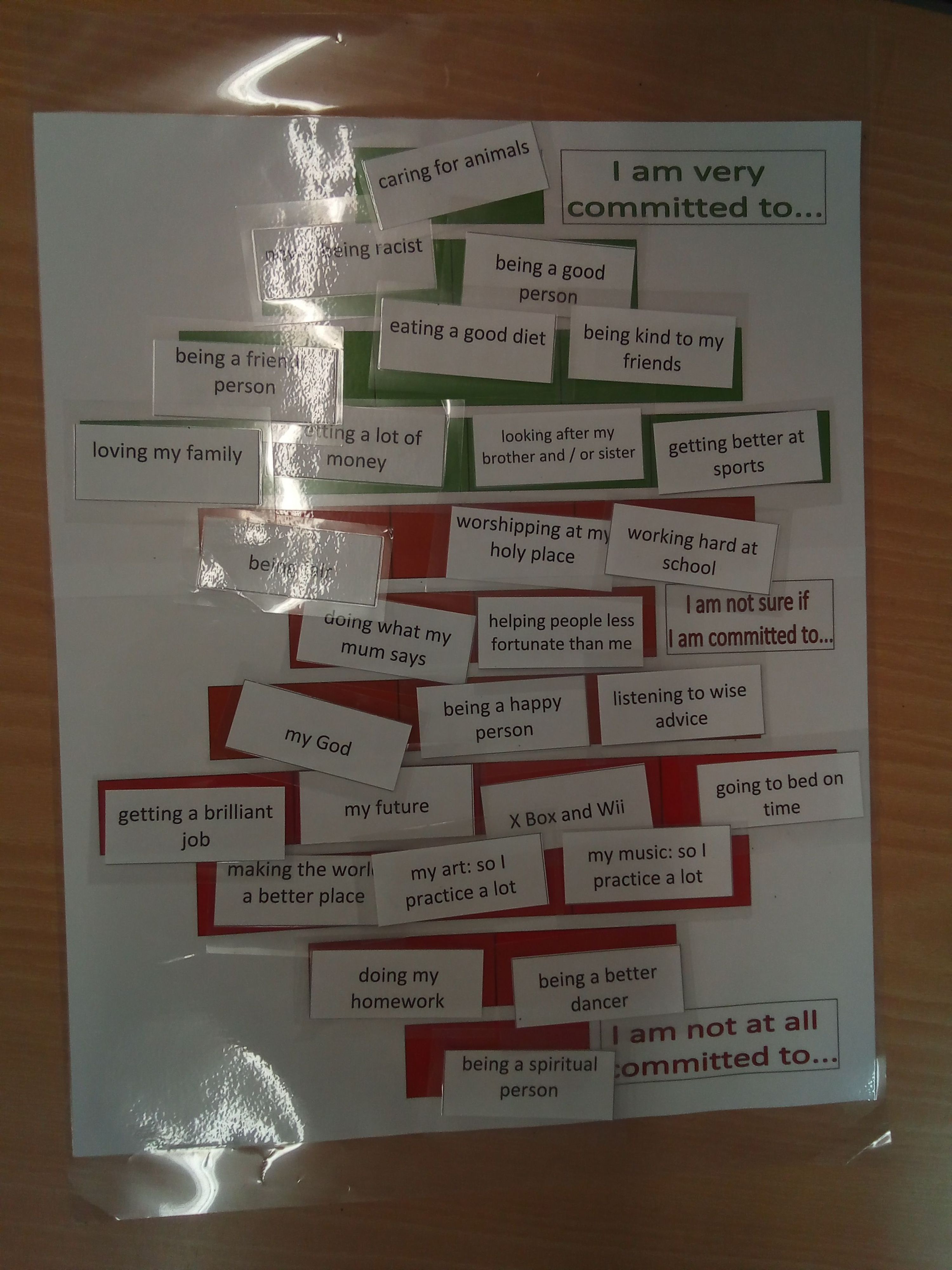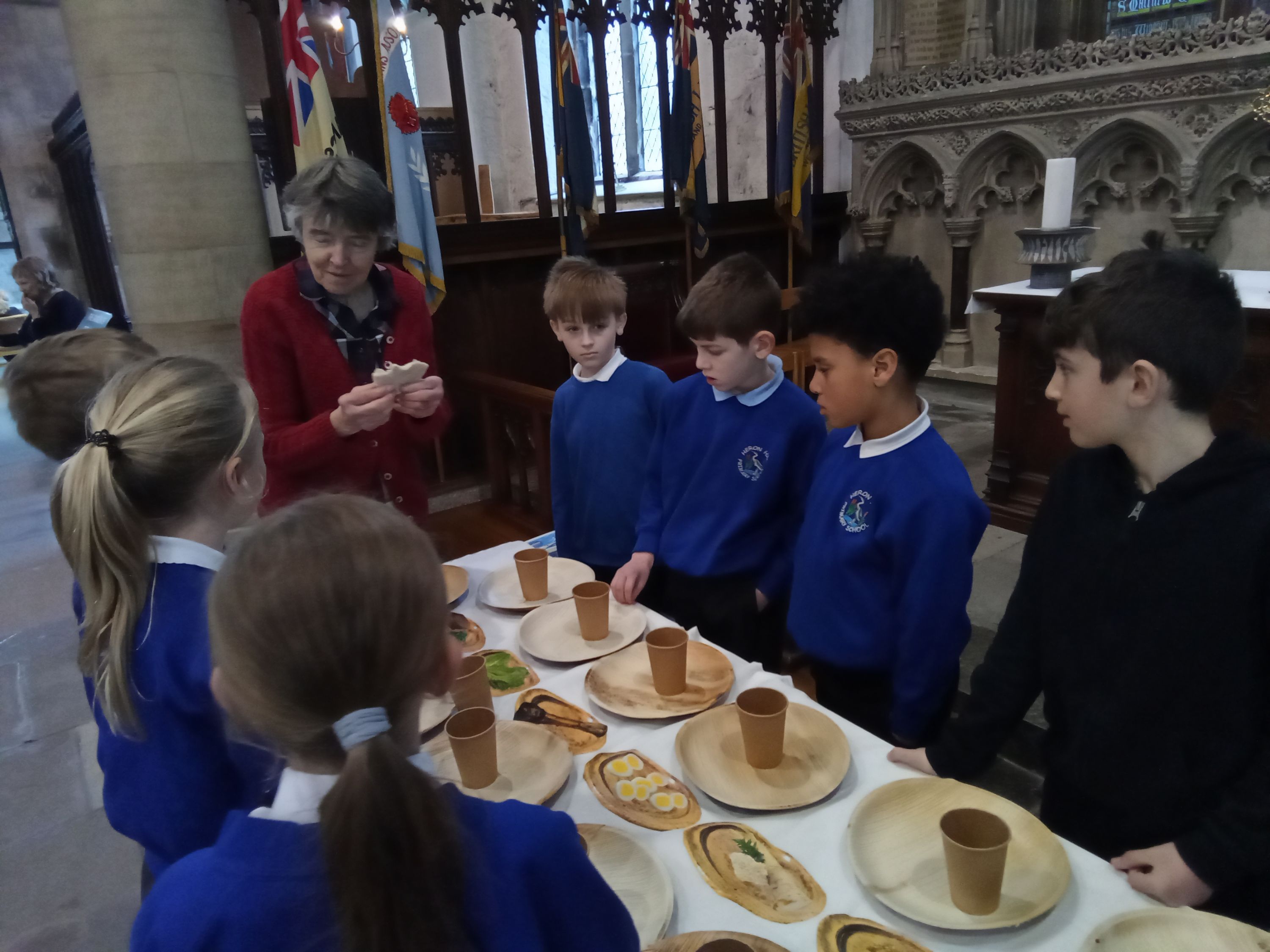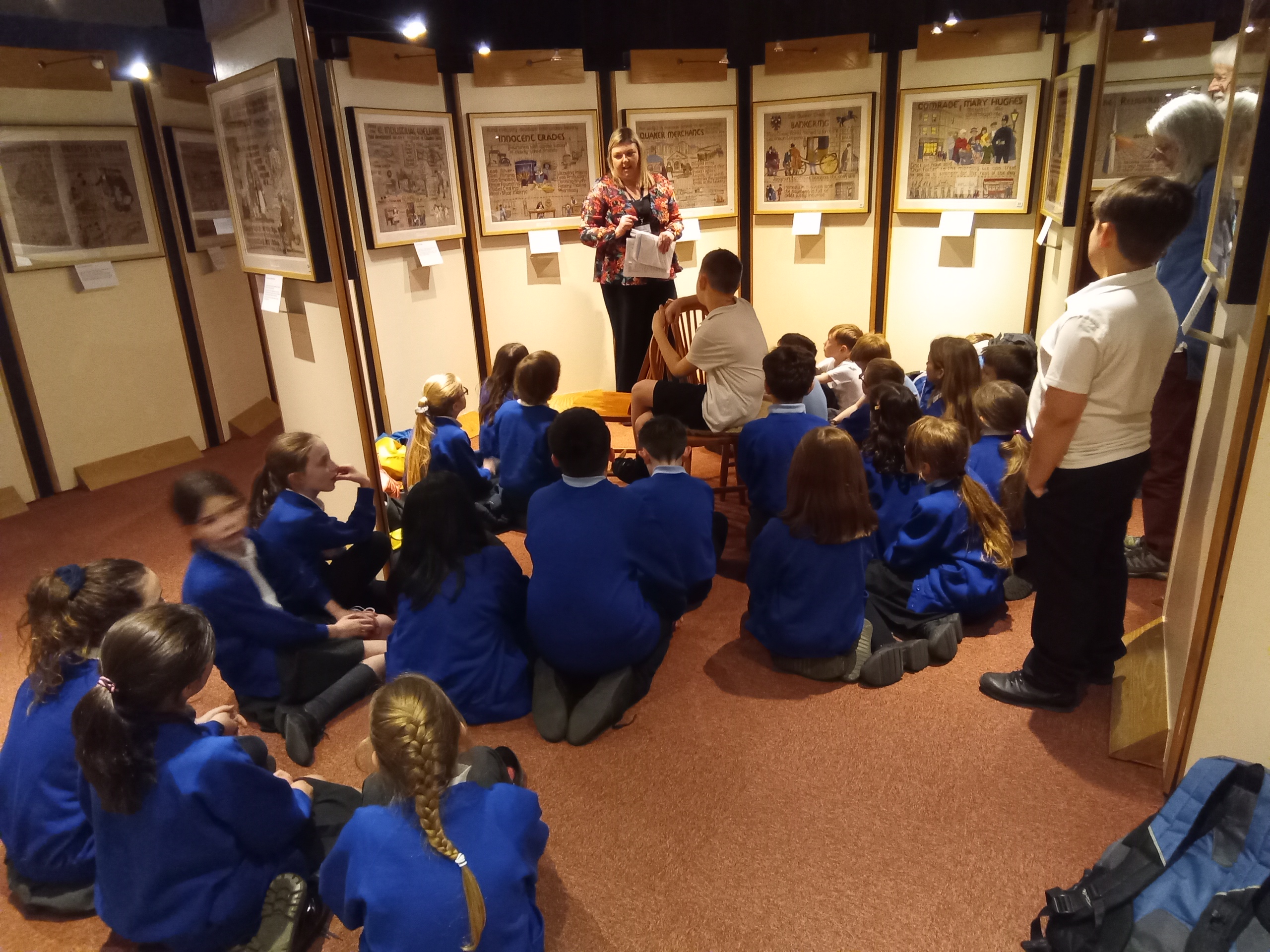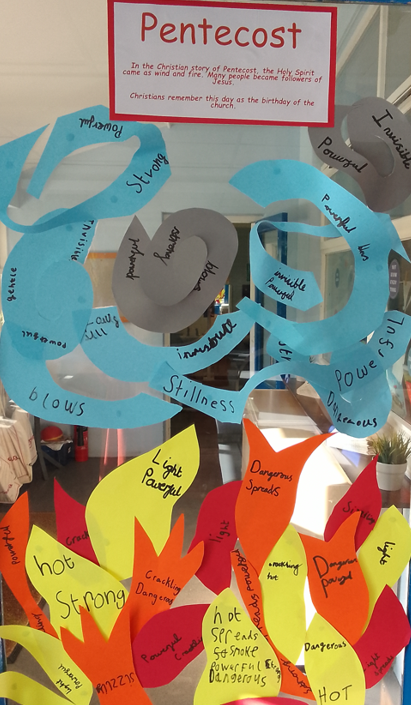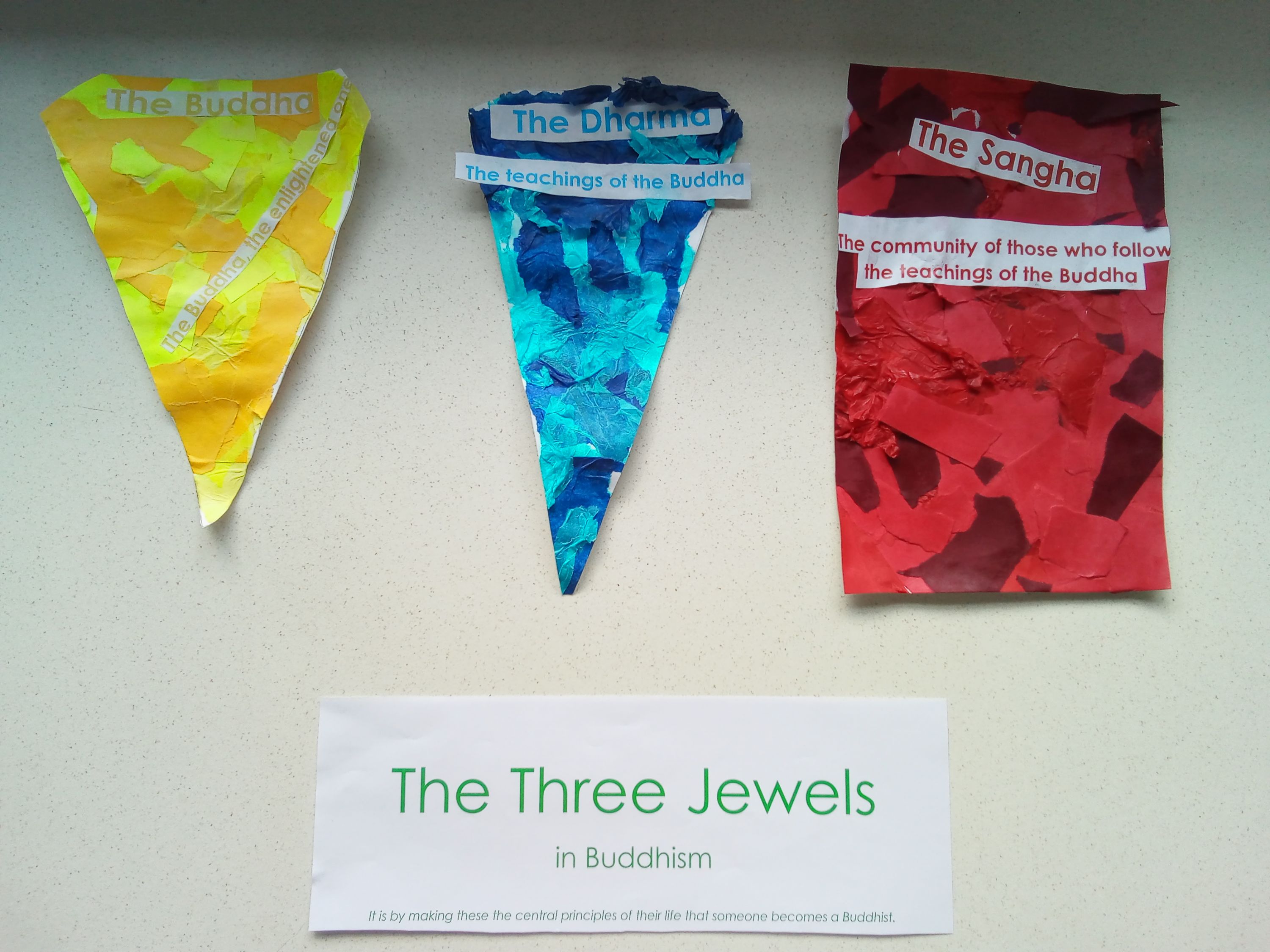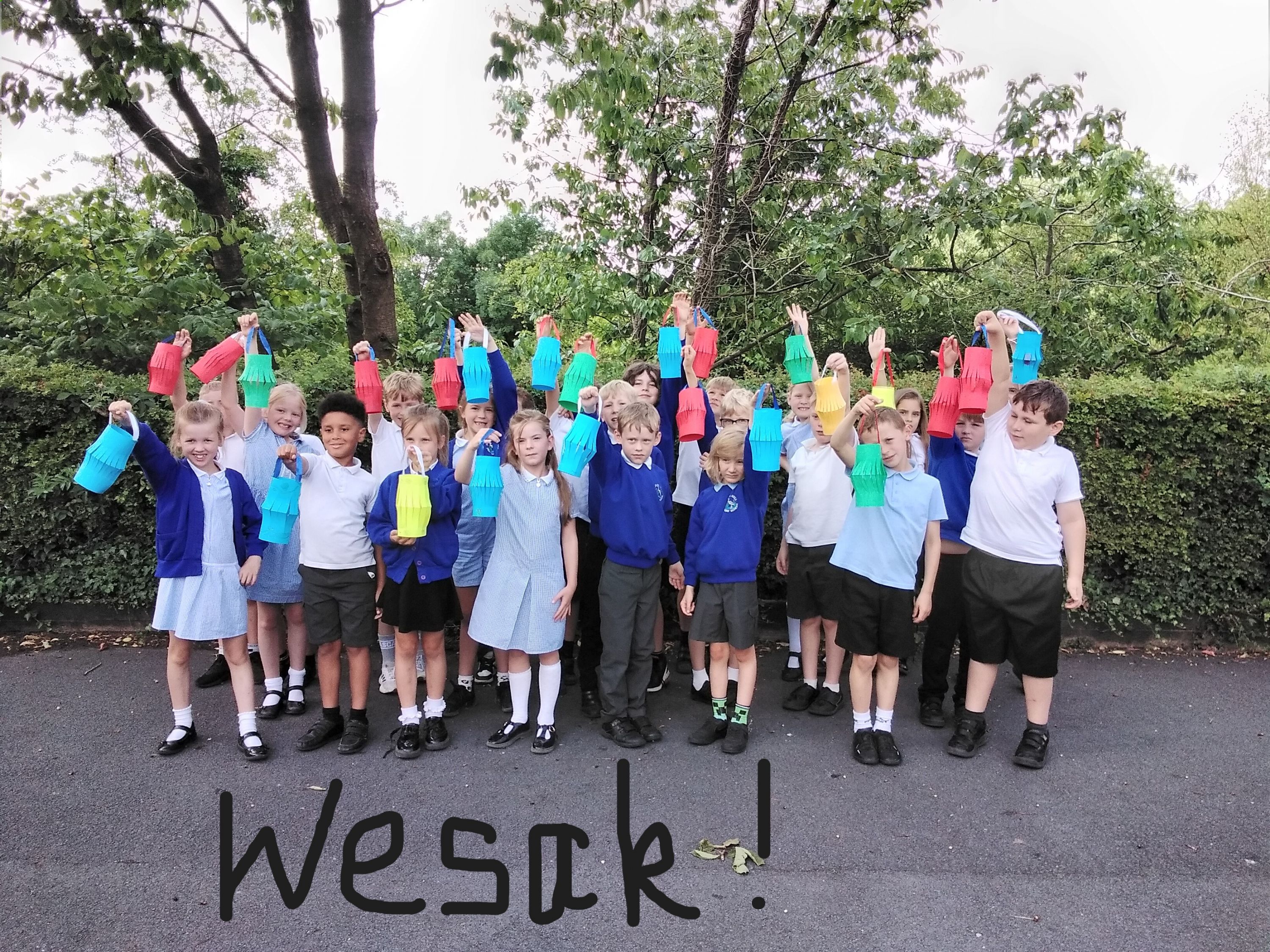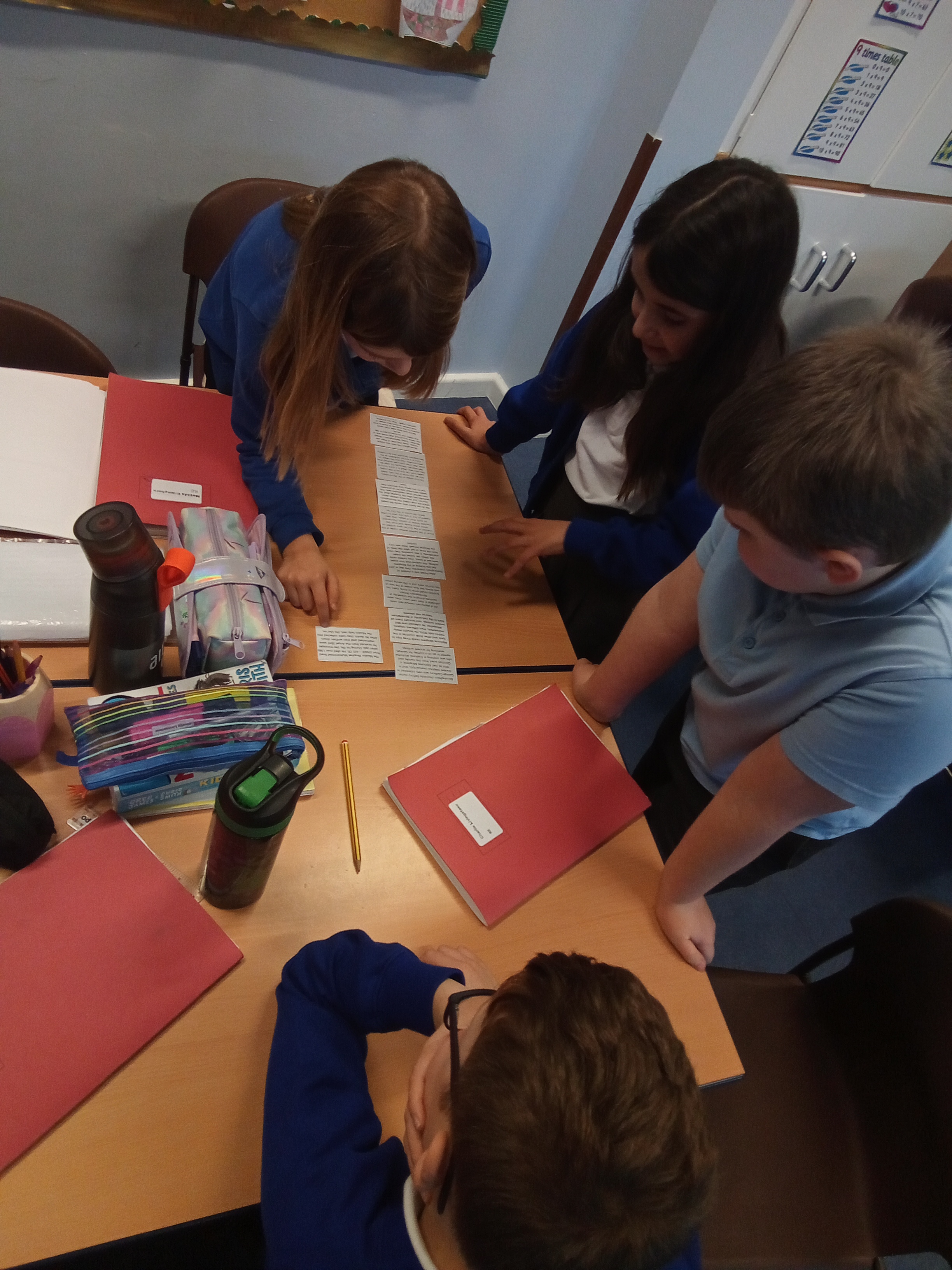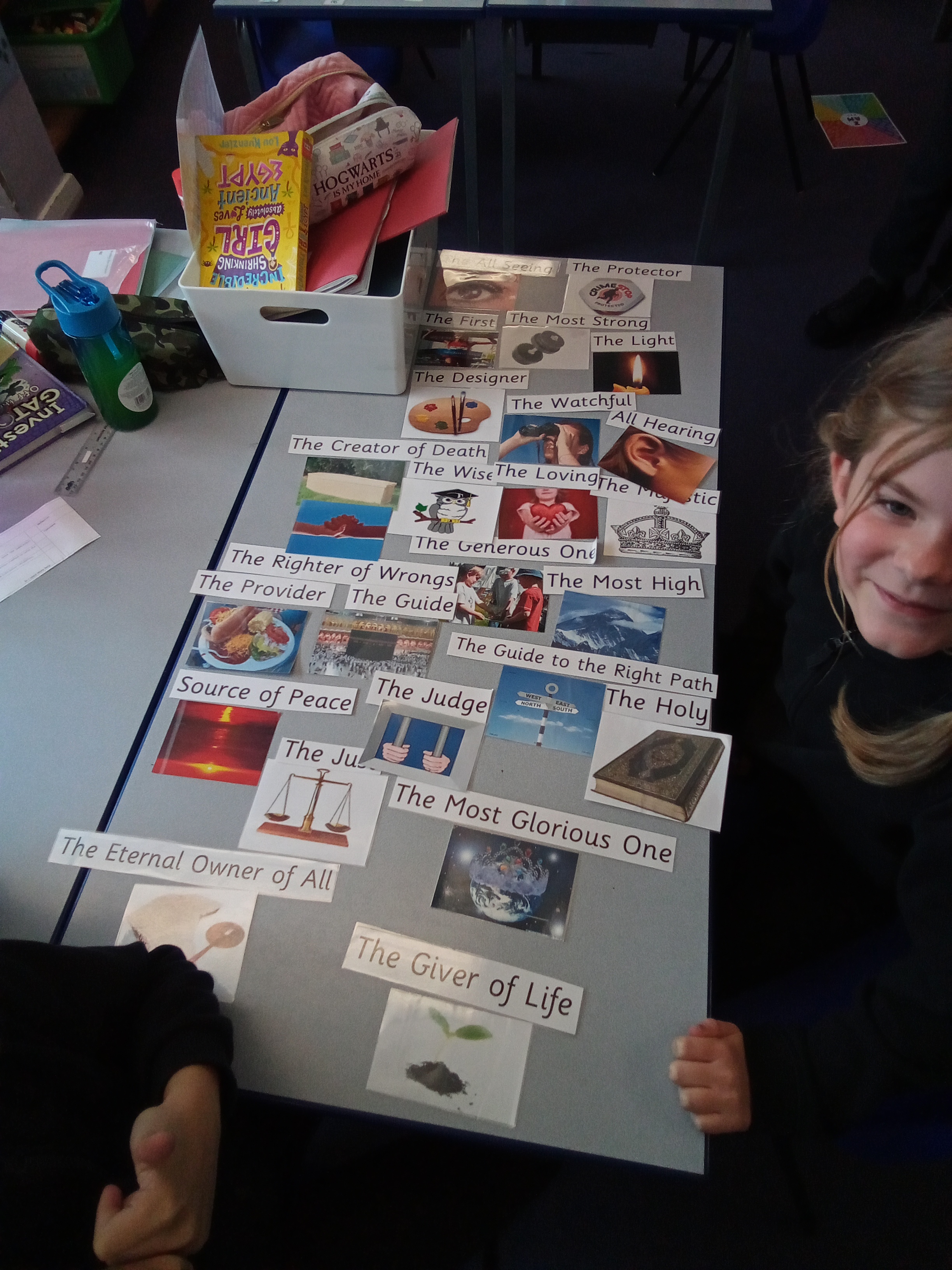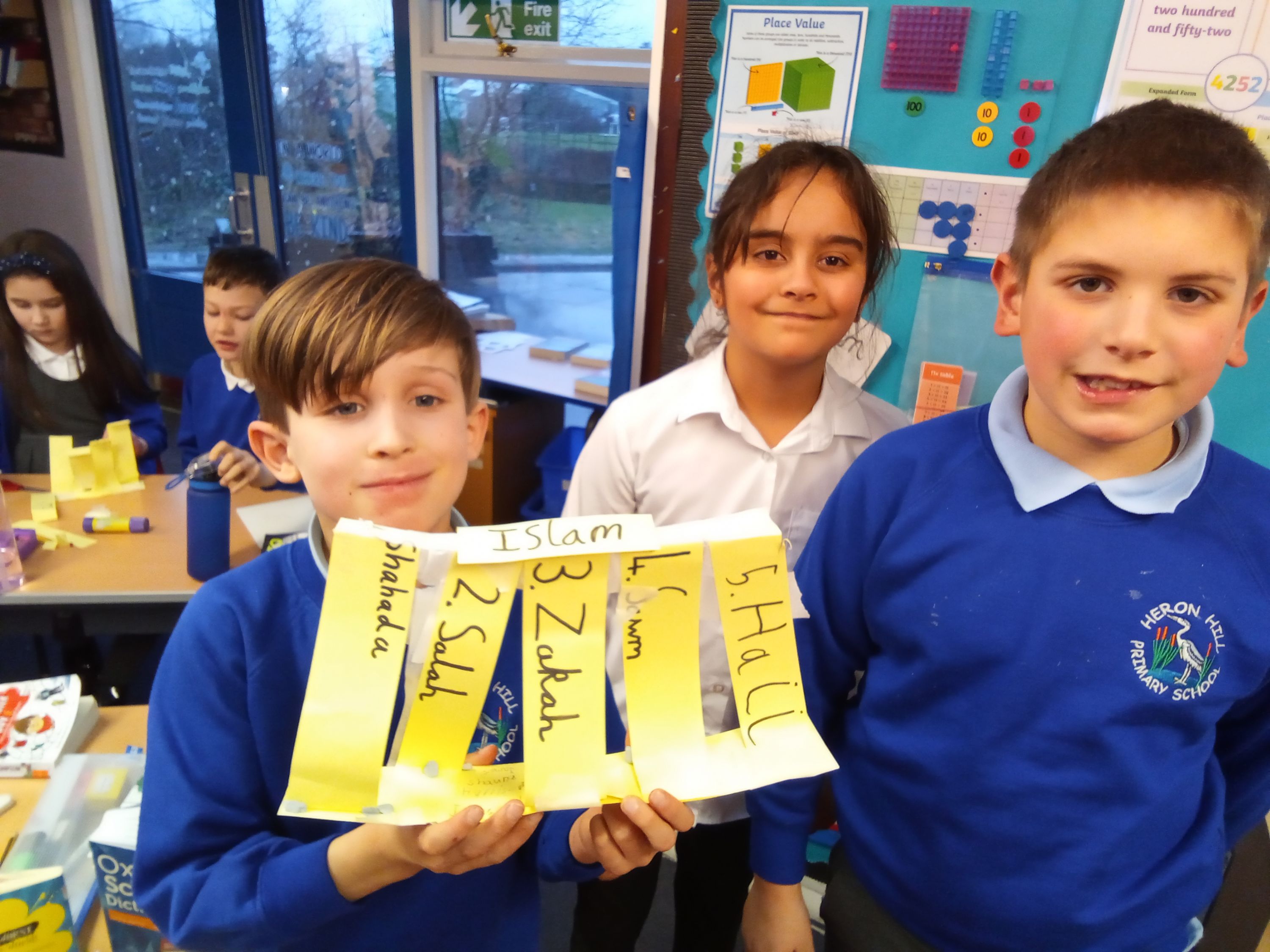RE
Religious Education
At Heron Hill we recognise the vital importance of Religious Education (RE) in our increasingly multicultural society and we have reworked our RE offer to more fully reflect our values as a school. Our approach encourages our pupils to enquire, become informed, and reflect on their learning in RE.
Our RE curriculum is in line with the 2023 Cumbria Agreed Syllabus. Pupils study how religions, non-religious worldviews and other beliefs relate to each other, recognising both similarities and differences within and between them. They are encouraged to reflect on the important contribution religion and faith can make to combatting prejudice and discrimination. Pupils are encouraged to be tolerant and accepting towards people with different beliefs and views from their own.
We use a disciplinary approach to RE, examining our topics through the three perspectives of believing (theology), thinking (philosophy), and doing (human and social sciences).
Our aim is that by the end of Year 6, our pupils will have a good knowledge and understanding of the main concepts, scriptures and stories of Christianity, Islam and Buddhism. They will also have some knowledge of the Jewish faith and how it is closely related to Christianity and Islam. They will have explored and understood non-religious worldviews such as Humanism and Atheism, and be able to place belief systems on a spectrum from ‘Strong Theism to Strong Atheism’, whilst also reflecting on where they find themselves on this spectrum, and what their own worldview is.
Our children’s growing knowledge of religion is therefore nurtured alongside an exploration of their own responses to life’s big issues. We recognise that each child needs the space and time to grow in their own identity and spirituality, and our children are encouraged to share their own thoughts and beliefs, whilst respecting those of others.
We see our pupils as researchers who can express what they have learned in a wide variety of ways, including through outdoor learning, drama and role play, music, art and craft, discussion, and written and oral presentations. Our learning is enhanced wherever possible by trips to local churches and other places of worship, both virtually and in person. We also receive a variety of faith visitors into school. The children’s learning in RE is supplemented by our regular collective worship, a values-based programme which also includes an exploration of a wide range of religious festivals throughout the year, as well as opportunities for reflection.
